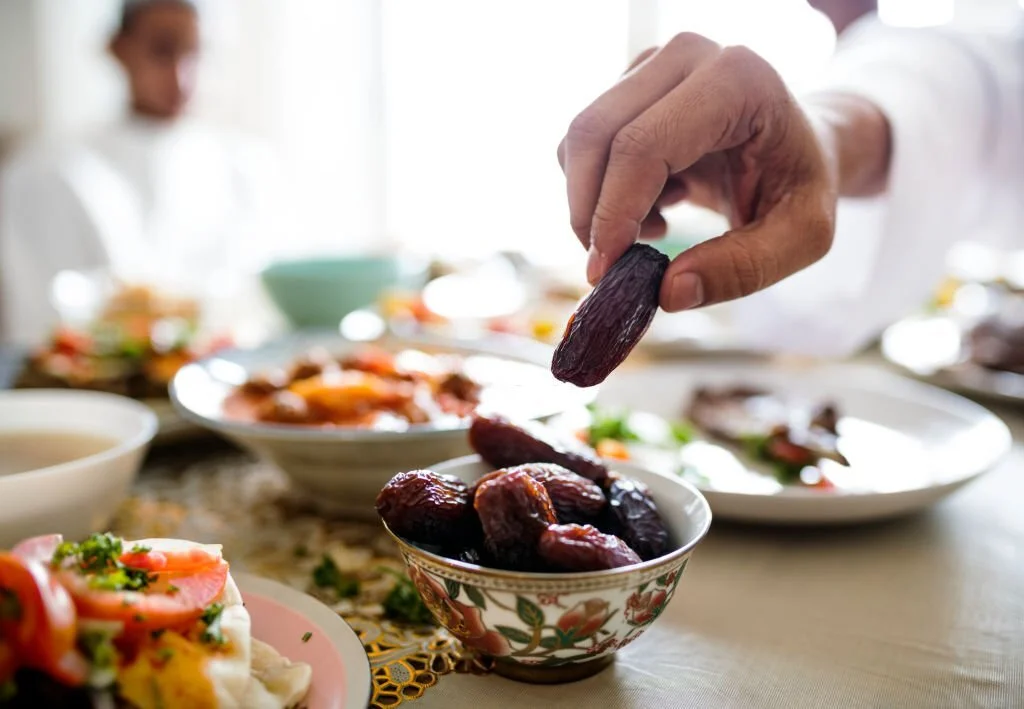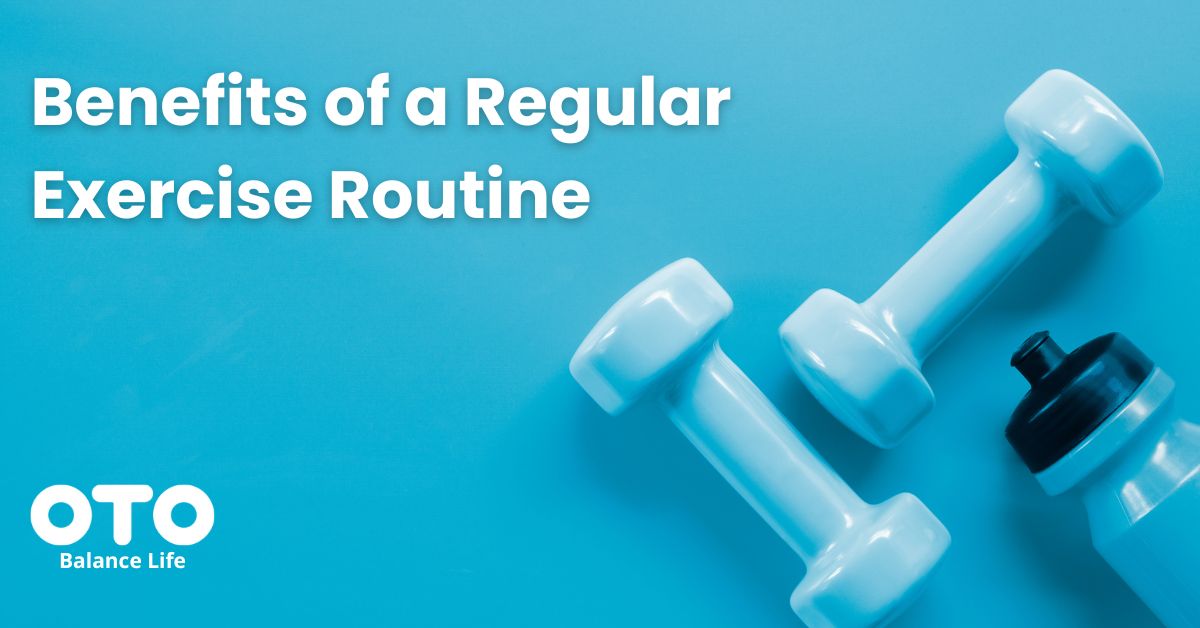Ramadan is a month of spiritual reflection, prayer, and fasting for Muslims around the world. For many, this time can be challenging, as the daily fasts from dawn to dusk can cause physical strain and fatigue.
However, with some simple strategies and self-care practices, it’s possible to maintain good health and well-being during this important time.
In this post, we’ll share tips for staying healthy during Ramadan, including advice on nutrition, hydration, physical activity, and rest. Whether you’re a seasoned faster or new to the practice, we hope this guide will help you prioritize your health and feel your best during this sacred month.
Tips for Staying Healthy During Ramadan
- Eat a balanced and nutritious suhoor meal before dawn: Suhoor is the pre-dawn meal that Muslims eat before beginning the daily fast. It’s important to make sure this meal is balanced and includes a mix of complex carbohydrates, protein, and healthy fats. This will help sustain energy levels throughout the day.
- Drink plenty of water and hydrating fluids during non-fasting hours: During the hours when you’re not fasting, it’s important to drink plenty of water and other hydrating fluids. Aim for at least 8-10 cups of water per day, and consider drinking coconut water or electrolyte-rich sports drinks to replenish essential nutrients lost during fasting.
- Consume foods that are high in fiber, protein, and complex carbohydrates: During the non-fasting hours, it’s important to eat foods that are high in fiber, protein, and complex carbohydrates. These foods will provide sustained energy throughout the day and help you feel full longer. Examples include fruits, vegetables, whole grains, nuts, seeds, and lean proteins.
- Avoid sugary and fried foods: While it can be tempting to indulge in sugary or fried foods during Ramadan, these types of foods can cause a crash in energy levels and leave you feeling lethargic. Instead, choose foods that are nutrient-dense and will provide sustained energy throughout the day.
- Incorporate regular physical activity during non-fasting hours: Regular physical activity is important for maintaining good health during Ramadan. Try to incorporate light exercise, such as walking or gentle yoga, during the hours when you’re not fasting. This will help boost your energy levels and promote overall well-being.
- Get enough rest and prioritize sleep: Getting enough rest and sleep is important for maintaining good health during Ramadan. Aim for 7-8 hours of sleep per night, and try to avoid staying up late or engaging in strenuous physical activity during the fasting hours.
- Consider taking vitamins and supplements: Depending on your individual nutritional needs, it may be helpful to take vitamins or supplements during Ramadan. Speak with a healthcare professional to determine which supplements may be right for you.
By following these tips, you can prioritize your health and well-being during Ramadan and make the most of this special time.
Special Considerations for People With Certain Health Conditions
- Diabetes: People with diabetes who are fasting during Ramadan should work with their healthcare team to develop a plan for managing blood sugar levels. This may include adjusting medication schedules, monitoring blood sugar levels frequently, and being prepared to break the fast if necessary.
- Hypertension: People with hypertension should be mindful of their sodium intake during Ramadan and avoid foods that are high in salt. They should also be sure to take their blood pressure medication as prescribed.
- Pregnancy: Pregnant women who are fasting during Ramadan should consult with their healthcare provider to determine if it is safe for them to do so. In some cases, it may be recommended to break the fast in order to ensure the health of both the mother and the baby.
- Chronic illnesses: People with chronic illnesses, such as heart disease or kidney disease, should consult with their healthcare provider before fasting during Ramadan. In some cases, it may be necessary to adjust medications or make other accommodations in order to ensure their health and safety.
It’s important to prioritize your health and safety during Ramadan, especially if you have a pre-existing health condition. Speak with a healthcare professional if you have any concerns or questions about fasting during Ramadan.
FAQ
Is it safe to fast during Ramadan if I have a pre-existing health condition?
Answer: Fasting during Ramadan can be safe for people with pre-existing health conditions, but it’s important to consult with a healthcare professional before doing so. Depending on your condition, it may be necessary to make adjustments to your fasting schedule or medication regimen.
Can I exercise during Ramadan while fasting?
Answer: Yes, it is possible to exercise during Ramadan while fasting. However, it’s important to be mindful of your energy levels and avoid high-intensity workouts during the fasting hours. Instead, focus on light exercise, such as walking or gentle yoga, during non-fasting hours.
What should I eat to break my fast?
Answer: It’s important to break your fast with a nutritious and balanced meal that includes a mix of carbohydrates, protein, and healthy fats. Examples include dates, soup, grilled chicken or fish, vegetables, and whole grains.
How much water should I drink during Ramadan?
Answer: It’s important to drink plenty of water during Ramadan to stay hydrated. Aim for at least 8-10 cups of water per day, and consider drinking coconut water or electrolyte-rich sports drinks to replenish essential nutrients lost during fasting.
Can I take medication during fasting hours?
Answer: If you have a pre-existing health condition and need to take medication during fasting hours, it’s important to consult with a healthcare professional. In some cases, it may be necessary to adjust medication schedules or doses in order to ensure safety and efficacy.
What should I do if I feel unwell during fasting hours?
Answer: If you feel unwell during fasting hours, it’s important to listen to your body and break the fast if necessary. Symptoms such as dizziness, nausea, or fatigue may indicate dehydration or other health issues, and it’s important to prioritize your health and safety.
Conclusion
In conclusion, Ramadan is a special time of the year for Muslims, and fasting during this time can have both spiritual and health benefits. However, it’s important to prioritize your health and safety during this time, especially if you have a pre-existing health condition.
By following the tips and considerations outlined in this article, you can ensure that you stay healthy and energized during Ramadan while also fulfilling the spiritual obligations of this important month.
Remember to consult with a healthcare professional if you have any concerns or questions about fasting during Ramadan, and may this be a blessed and fulfilling time for you and your loved ones.










Leave a comment